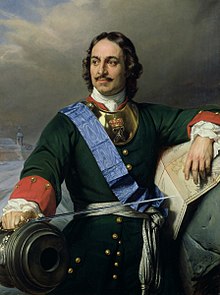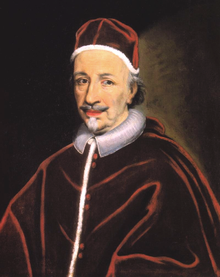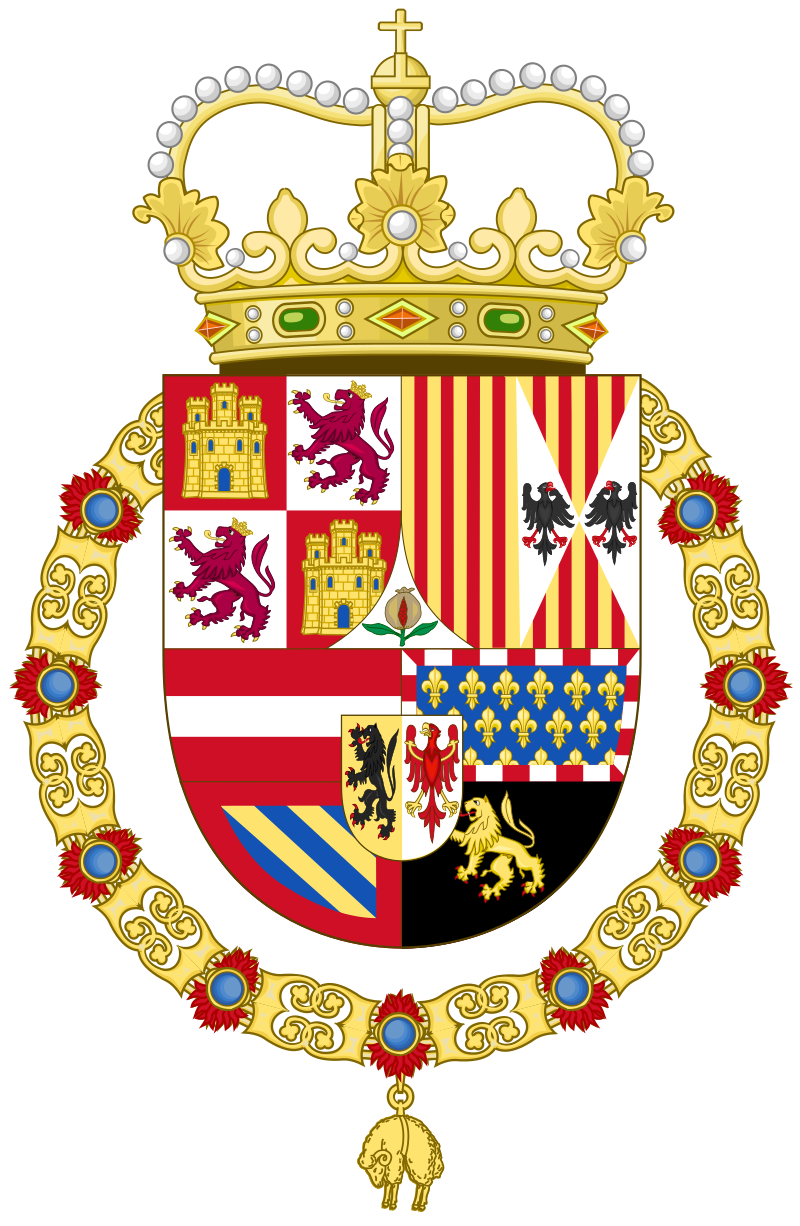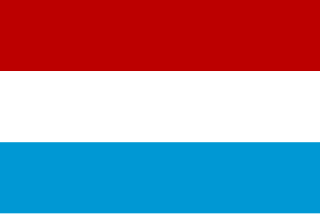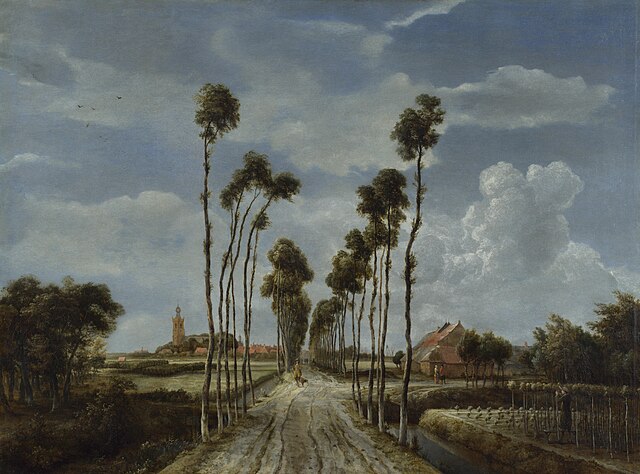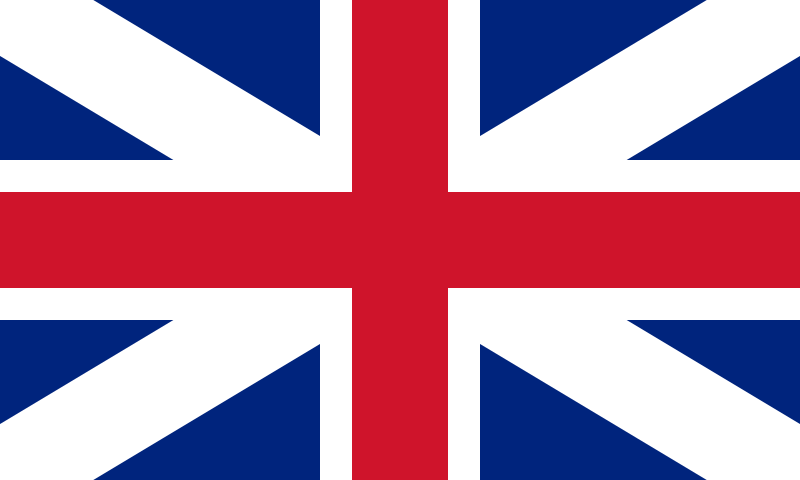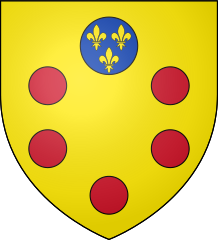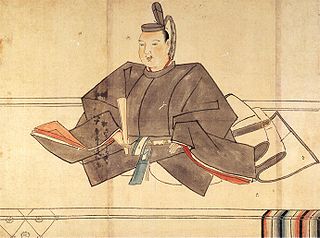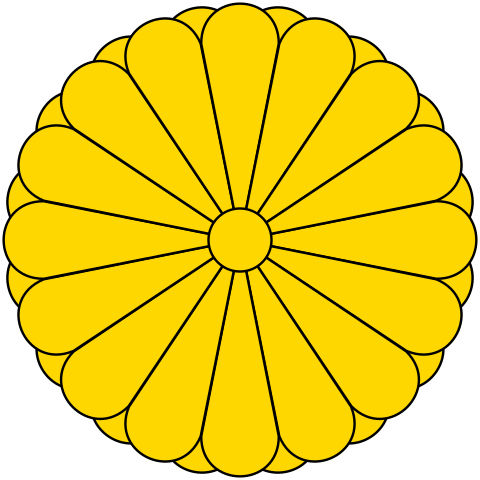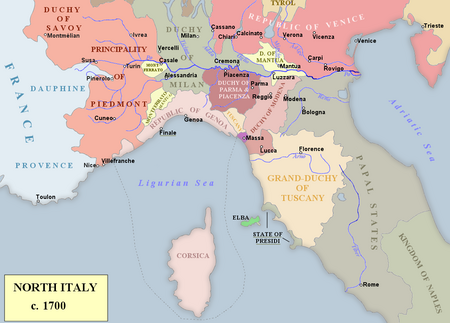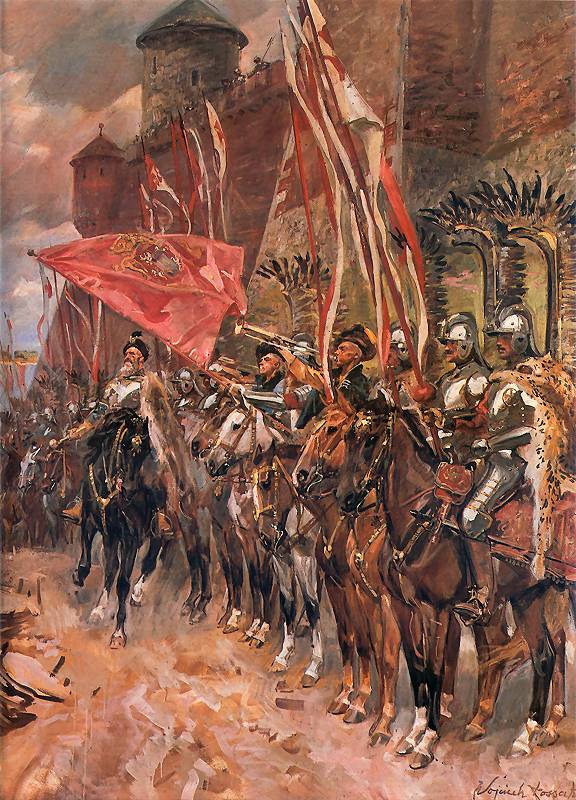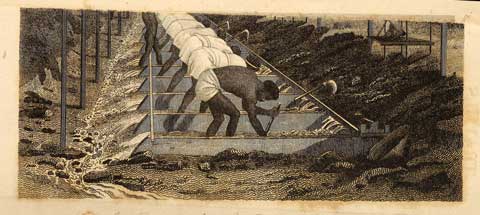Table of Contents
Cloud Strife
Capitán General
EURPG 1700 - GSRP Edition

The Monastery-Palace of El Escorial; A monument to the reign of the Spanish Habsburgs.
Table of Contents
1700 A.D.
Prologue: The Spanish Succession
Prolouge II: The Great Northern War
Turn 1 - "The Age of Change Begins."
1701 A.D.
Turn 2 – "A Winter of Discontent and Celebration, in Equal Measure."
Turn 3 - "With Fire and Sword."
1702 A.D.
Turn 4 - "Jus ad bellum."
1703 A.D.
Turn 5 – "Peace in Our Time."
1704 - 1705 A.D.
Turn 6 - "The Hidden Leaves."
1706 - 1707 A.D.
Turn 7 - "The Empire is Law, the Law is Sacred."
1708 - 1709 A.D.
Turn 8 - "Renovatio regni."
1710 - 1711 A.D.
Turn 9 - "The 'Stately' quadrille"
1712 - 1714 A.D.
Turn 10 - "New Horizons"
1715 - 1718 A.D.
Turn 11 - "The Price of Empire"
1719-1720 A.D.
Turn 12 - "Payment Due Upon Delivery"
1721-1722 A.D.
Turn 13 – "The Iron Triangle"
1723 A.D. Campaign Season
Turn 14 - "Distant Fields"
1723 A.D. Winter
Turn 15 – "Rasputitsa"
1724 A.D.
Turn 16 - "Iron Crowns and Grocer Kings"
1725-1726 A.D.
Turn 17 – "Spite, Pride, and Opportunism."
1727-1728 A.D.
Turn 18 – "On the Constitutional Order."
1729-1730 A.D.
Turn 19 - "The Peaceful Turn."
1731 A.D.
Turn 20 – "The German War of Independence."
1732-1735 A.D.
Turn 21 – "A Dream of Spring."
1736-1737 A.D.
Turn 22 – "With Fire and Sword, Part II."
1738-1740 A.D.
Turn 23 – "The 'Black Pope' and the 'Magnanimous' King."
Turn 23, Part II - "I, Medici."
1741 - 1743 A.D.
Turn 24 - "The Era of the Imperial Idea."
1743 - 1746 A.D.
Turn 26 - "The Everything Economy"

The Monastery-Palace of El Escorial; A monument to the reign of the Spanish Habsburgs.
Table of Contents
1700 A.D.
Prologue: The Spanish Succession
Prolouge II: The Great Northern War
Turn 1 - "The Age of Change Begins."
1701 A.D.
Turn 2 – "A Winter of Discontent and Celebration, in Equal Measure."
Turn 3 - "With Fire and Sword."
1702 A.D.
Turn 4 - "Jus ad bellum."
1703 A.D.
Turn 5 – "Peace in Our Time."
1704 - 1705 A.D.
Turn 6 - "The Hidden Leaves."
1706 - 1707 A.D.
Turn 7 - "The Empire is Law, the Law is Sacred."
1708 - 1709 A.D.
Turn 8 - "Renovatio regni."
1710 - 1711 A.D.
Turn 9 - "The 'Stately' quadrille"
1712 - 1714 A.D.
Turn 10 - "New Horizons"
1715 - 1718 A.D.
Turn 11 - "The Price of Empire"
1719-1720 A.D.
Turn 12 - "Payment Due Upon Delivery"
1721-1722 A.D.
Turn 13 – "The Iron Triangle"
1723 A.D. Campaign Season
Turn 14 - "Distant Fields"
1723 A.D. Winter
Turn 15 – "Rasputitsa"
1724 A.D.
Turn 16 - "Iron Crowns and Grocer Kings"
1725-1726 A.D.
Turn 17 – "Spite, Pride, and Opportunism."
1727-1728 A.D.
Turn 18 – "On the Constitutional Order."
1729-1730 A.D.
Turn 19 - "The Peaceful Turn."
1731 A.D.
Turn 20 – "The German War of Independence."
1732-1735 A.D.
Turn 21 – "A Dream of Spring."
1736-1737 A.D.
Turn 22 – "With Fire and Sword, Part II."
1738-1740 A.D.
Turn 23 – "The 'Black Pope' and the 'Magnanimous' King."
Turn 23, Part II - "I, Medici."
1741 - 1743 A.D.
Turn 24 - "The Era of the Imperial Idea."
1743 - 1746 A.D.
Turn 26 - "The Everything Economy"
Last edited:









